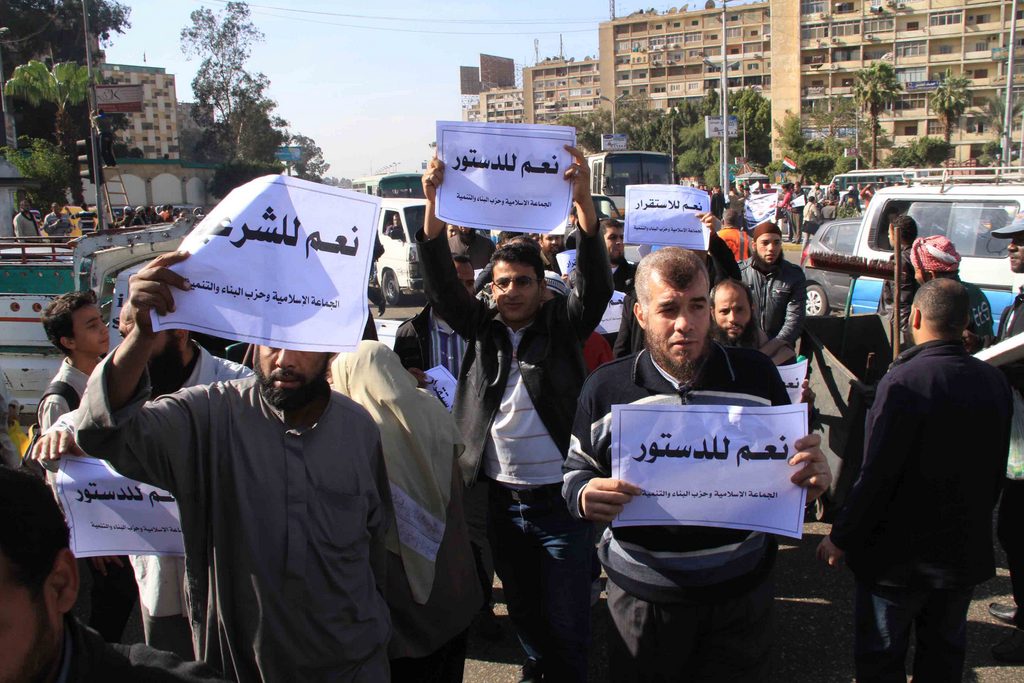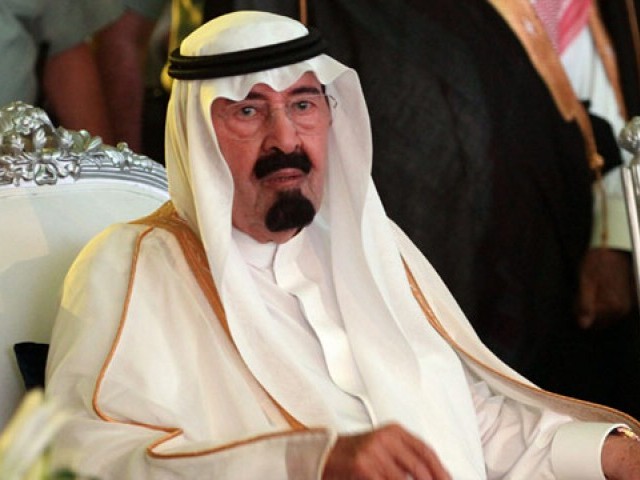I have a confession to make: I’m a sitcom junkie. In an average week, I usually consume between three to four hours of sitcoms. In my lifetime, I’ve watched an alarmingly diverse amount of sitcoms. Naturally, I’ve seen my fair share of bad sitcoms. In all those long years though, I’ve never been subjected to sitcoms as humorless, dumb and dreary as the slate of new Egyptian comedies broadcasted this Ramadan.
New sitcomsThe highly anticipated, big budget “El Eyada (The Clinic) turned out to be one of the biggest let-downs of the season. “The clinic kicked off to a promising start but rapidly lost steam before the end of the first week. All three principle characters are well written. Edward plays a dense, unconfident mama’s boy gynecologist who, unwittingly, decides to share his clinic with a nihilistic, unsuccessful psychiatrist (Khaled Sarhan) and a feisty, nerdy dentist (Basma, the weakest of the trio).
“The Clinic’s quirky characters are hardly fleshed out or supplemented by solid situational comedy, the backbone of any successful sitcom. Perhaps the sitcom’s gravest failing is that it doesn’t even try to utilize both its characters and premise, and the whole thing feels quite indolent, eventually falling flat on its face.
Yet, “The Clinic looks like a masterpiece compared to “Café Chino and “Sherif we Nos (Sherif and Half). Producers of both sitcoms have assembled a group of the unfunniest actors working in cinema for works that set a new low for Egyptian comedy.
Both “Chino and “Sherif use blatant laughing tracks spread haphazardly and unevenly throughout each episode. Not a single element in either series works; from the dull, uncharismatic leads (Khaled El Nabawy and Donia Samir Ghanem in “Chino and Sherif Ramzy and a super-annoying Dorra in “Sherif ), to the forced jokes and Americanized sets. Imagine the worst, blandest American comedy pilot you’ve ever seen, multiply it by 10 and you’ll get the picture.
DramasWith a roughly 35 dramas debuting on Egyptian and Arabic TV stations, the stuffed line-up for Ramadan’s TV initially appeared diverse. After the success of several dramas such as “King Farouk, “Yetraba fi Ezzo and “Qadeyat Ra’i ‘Aam last Ramadan, critics and audiences alike were expecting this year’s offering to at least match last season’s crowd-pleasers.
I can now confirm that last year was clearly a fluke. Out of the entire TV drama slate this year, only one series emerges victorious. And guess what, it’s a Syrian/Saudi/Egyptian production helmed predominantly by a Syrian cast and crew.
The series is “Asmahan, the dark and fascinating biopic of the late Syrian chanteuse whose successful brief career came prematurely to end when she died in a mysterious car accident in 1944.
Tunisian director Shawki El-Magry doesn’t attempt to water down the singer’s tragic life or polish her notorious lifestyle that included divorces, amorous affairs and heavy drinking. Despite the revelations El-Magry divulges about Asmahan, she remains an enigmatic figure; remote and enchanting like all great legendary stars.
Syrian beauty Sulaf Fawakhergy plays the title character with remarkable restraint, preserving Asmahan’s mysteriousness while exposing volumes of emotions via her piercing eyes and the slightest of calculated gestures. Kudos also for Ahmed Shaker Abdel Latif who brilliantly captures Farid Al-Attrash’s (Asmahan’s brother) charm, gentleness and melancholia without the usual clichés associated with the singer.
The success and popularity of Asmahan has nothing to do with the nostalgia a large number of Egyptians feel towards the era. The fact of the matter is “Asmahan is superior to all Egyptian dramas, including co-productions, on almost every level.
The critically acclaimed Gamal Abdel Nasser biography “Nasser might have replicated “Asmahan’s success had the script been more focused and concise. The series does contain many rich details – including several contentious references to the Muslim Brotherhood who are depicted as opportunistic traitors only concerned with their self-interest – yet it works better as a lengthy historical document than a gripping drama.
I’m honestly still unconvinced by Magdy Kamel’s over-praised performance of the late Egyptian president. His physical composure is adept, capturing Nasser’s grandiosity and humility. Yet, he still can’t shake off the incongruous, distracting intensity that occasionally veers towards caricature.
The most ambitious drama of the season is “Zel El-Mohareb (Shadow of the Fighter), starring Hesham Selim and Ola Ghanem. Set in the fictional Nation of Chrisptan, a small country that rises to the forefront of world attention after geologists discover an enormous amount of oil under in its shores. When a global OPEC-like organization attempts to forge a deal with the country’s leader General Hadidy to provide drilling facilities in return of large profit rate, an insurgent group decide to unseat the administration.
Chrisptan is a mix between Iraq and Palestine, while the insurgent group bears more than a passing resemblance to Hezbollah. The ideas the series discusses are quite intriguing, yet, as always with Egyptian political dramas, the treatment is simpleminded and underdeveloped. It’s not as horrendous as other previous similar works, but it’s also not the remarkable political allegory it could’ve been.
Themes and trendsParticular themes and elements dominate the rest of the series crop: Corruption, injustice, the enormous disparity between the rich and the poor and violence in addition to a large number of rape incidents sprinkled with a few incest relations.
A number of them center on rags to riches tales featuring strong, determined female characters battling both personal adversaries and society in general. Avaricious, cold-blooded businessmen are the principle villain for the majority of the series, existing in a society where government is oblivious to its citizens’ suffering. For some odd reason, Ramadan has been turned into the ultimate feel-bad season of the year.
Realism is the key word producers have used to describe their blockbuster products, but authentic or genuine these works aren’t. The current dejected reality of Egypt isn’t presented to shed a light on a certain problem, expose agents of vice or offer solutions; the crop of self-important dramas exploit reality, shaping and sensationalizing it to conceal their own failure of creating original, compelling stories.
Conventions, dated techniques and same old chestnuts are still abundant in every series. Samira Ahmed continues to assume her position as the Mother Theresa of Egyptian drama in “Gedar El-Qalb (The Edge of the Heart). Her protégé Youssra returns for her beloved Joan of Arc role in “Fi Ayeden Amina (In Trustworthy Hands), the most atrocious assault to journalism, and intelligence, in recent years.
Nour El Sherif impersonates Marlon Brando’s Don Corleone for the second year running in “El Daly; “The Godfather -like saga devoid of all of its successful ingredients. Yehia El Fakharany’s “Sharf Fath El Bab is arguably the biggest disappointment of the bunch. El Fakharany’s superb performance as a morally conflicted governmental employee who decides to accept a large bribe and compromise his beliefs can’t save a tremendously slow-paced series without a destination.
Slow tempo is another disease plaguing this season’s dramas. Repetition, extended dialogues and insignificant secondary plotline are still the norm of the day. Numerous serials such as “‘Ada El-Nahar (The Day Has Passed) and “Nassem El-Roh (Soul Breeze) are set in eras that have been tackled to death. Visually, Egyptian TV directors continue to shoot their works with the same old-fashioned methods, leaving their Arabic counterparts to lead the revolution alone.
The future of Egyptian dramasThe question is: Where is Egyptian drama heading to? With the opening of four new terrestrial TV stations, the demand on TV serials will continue to surge. Arab directors have managed to inject Egyptian drama with a much-needed fresh blood; yet, script
s, written entirely by Egyptian scribers, are deteriorating every year.
From the perspective of Egyptian producers, Egyptian stars remain the biggest attraction and the focal selling point for wealthy Arabic stations. Yet, the Arabic stations’ growing reluctance to purchase Egyptian-produced dramas, opting instead for homegrown serials and Gulf dramas, puts several question marks about the future of Egyptian productions and their market value.
Egyptian audiences have been departing from Egyptian terrestrial stations for a number of years now. The serials audiences are increasingly shrinking. Middle-aged mothers are the serials’ largest demographic. The day the new TV ratings institute opens (scheduled to begin operating within the next couple of years); advertising money will depart to Gulf stations.
The success of “Asmahan and “King Farouk has proved that quality has become fundamentally essential for commercial success in TV. Unless Egyptian producers get their act together, improve writing, take chances and abandon their sluggish strategies, the death of Egyptian TV will be inevitable.


